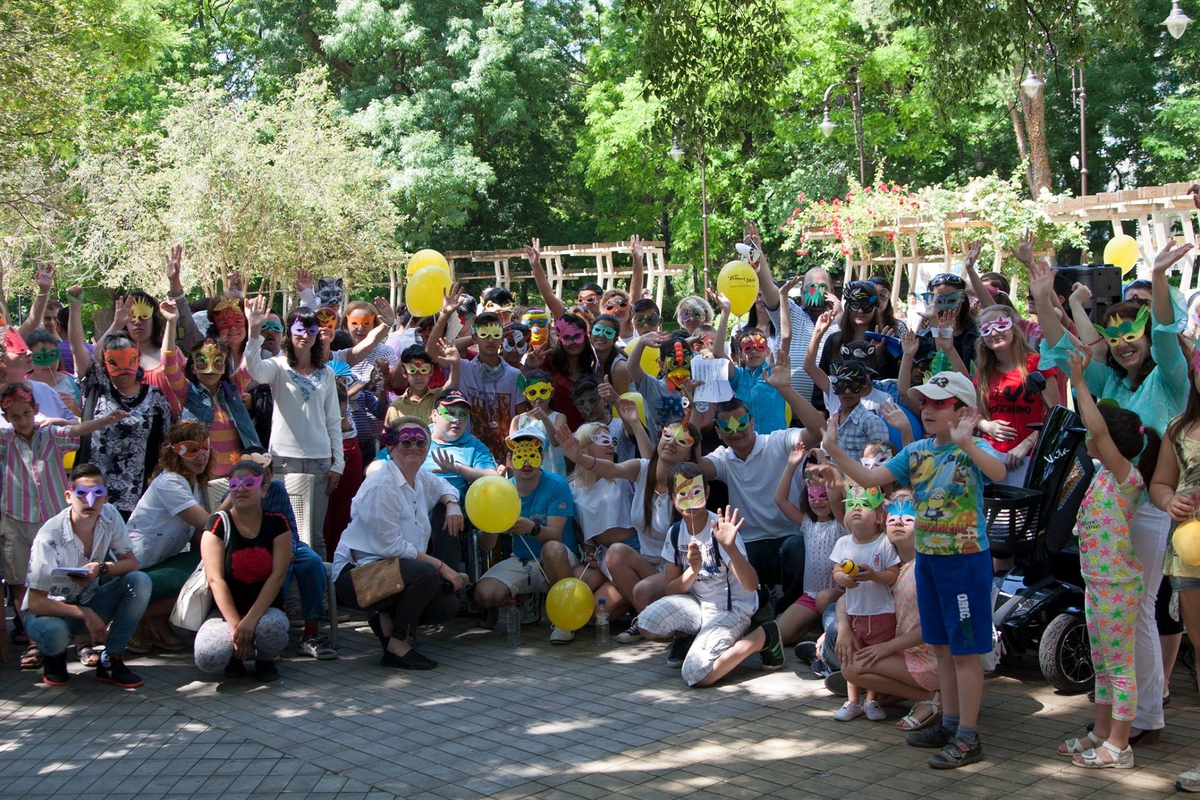We may just about grasp the challenges faced by a very poor Romanian family with five children, including a daughter in a wheelchair, when they learned their new-born twin boys had been diagnosed with cerebral palsy.
But can we, in our developed world of medical and social care, begin to imagine their anguish when doctors advised them that the only way they could ensure the twins would be cared for and properly educated was to give them up to an institution for children designated “irecuperabil”(impossible to recuperate)? Institutions of this kind mushroomed in Ceausescu’s Romania where, ideologically, children considered less-than-perfect were systematically segregated from society and warehoused in horrifying conditions with high mortality rates.
Radu and Marius’ parents did as the doctors said when the boys were aged one, and did not see them again for 17 years. In 2001, I led the team that had been asked by the government to close the institution. We visited Radu and Marius’ parents to see if a move home might be possible. But the family had its current troubles and did not want to look back. So the young men moved to a family-style “small group home” in the community.
The staff in the home saw the boys’ potential immediately and within months they had begun to read and write. When they turned 18, and celebrated their birthday for the first time, I asked Radu if he was happy. He said, “I am and here we have everything we need. And I hope you don’t think I am ungrateful, but what we really want is to see our mum and dad. Could you help me write to them?” With support, Radu wrote, simply: “Dear Mummy and Daddy, we love you and we miss you very much”, then posted his first ever letter. Within days, their parents came to visit for an emotional reunion, which led to the boys returning to live with them.
Access to basic literacy for the first time in life, and the ability to write those heartfelt words, enabled this young man to rebuild his family.
Read the rest of this blog on NewStatesman.com



